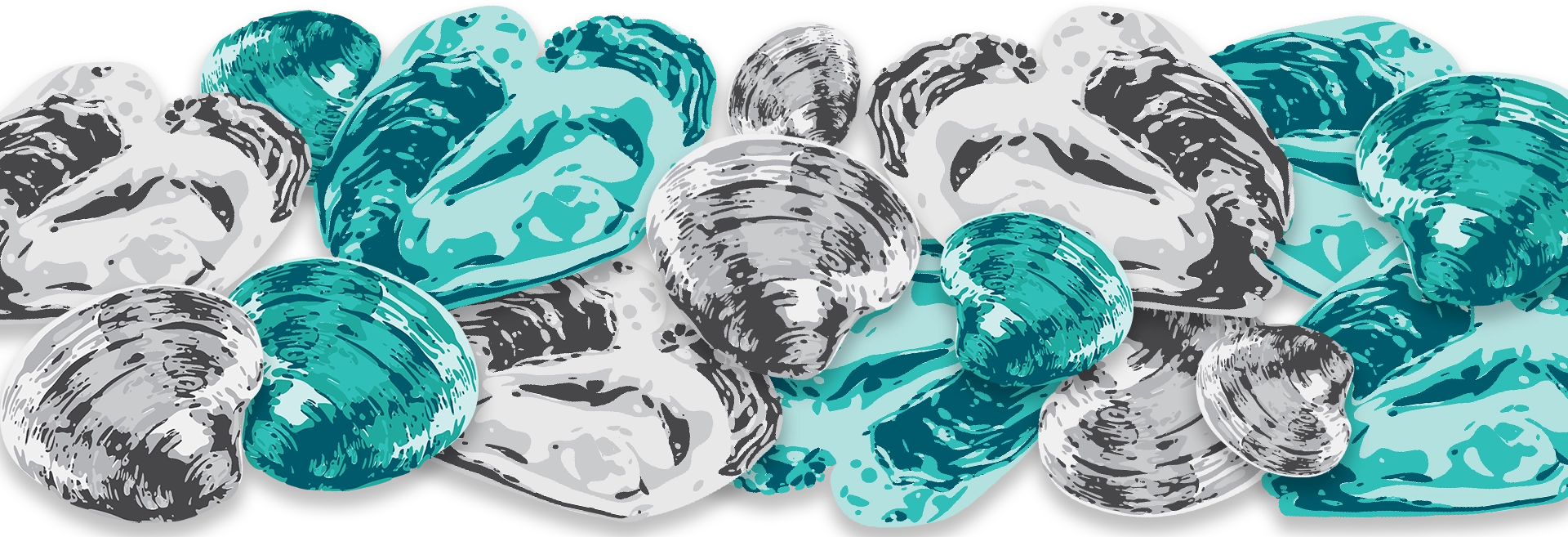Certification requires 1) an onsite inspection, 2) a HACCP plan and trained employees, and 3) ongoing compliance.
After initial inspection, and each year following, if compliance is maintained, the dealer will receive a Certificate of Inspection (COI) and be listed on the Interstate Certified Shellfish Shippers List (ICSSL). Harvesters may only sell shellfish to, and retail stores and restaurants may only receive shellfish from, sources listed on the ICSSL. Certifications must be renewed every year, by September 30.
Dealers interested in becoming certified or re-certified must complete an application and submit it to the appropriate Field Office. Once received, you will be assigned a reserve certification number. This number does not constitute certification.
During the initial onsite inspection of your physical plant location, the inspector will briefly outline the HACCP implementation and sanitation requirements. As the dealer, it is your responsibility to be knowledgeable of the requirements in the most recent version of the NSSP MO. The inspector will provide you with a list of deficiencies to be corrected before being issued a COI. Following issuance of the COI, the inspector will make unannounced visits to your facility to review records and sanitation compliance.
A HACCP plan is a written food safety system that identifies key points in the process where controls must be applied and monitored. A HACCP plan can prevent hazards, thus protecting the consumer from a foodborne illness. During your initial onsite inspection, and after any changes, your inspector will provide you with a written HACCP plan and associated record templates. There must be at least one person associated with the business who is trained in seafood HACCP. The extent of training depends on the level of compliance. A dealer certified as a Shellstock Shipper (SS) must complete at least the one-day HACCP course. This course is offered a couple times per year and is instructed by VDH DSS staff in collaboration with the Marine Advisory Program at VIMS.
All employees must be trained in proper food handling and personal hygiene practices as they pertain to their assigned job duties. Documentation of employee training must be kept. VDH DSS has created a two-page dealer training information sheet, available in both English and Spanish. This can be obtained upon request, but dealers are encouraged to pursue other training opportunities as needed. The NSSP MO requires the VDH DSS conduct at least semiannual inspections of Shellstock Shippers. The dealer’s compliance with the MO is evaluated during each inspection. Findings are reported to the dealer in writing. Each inspection should show compliance with any deficiencies noted in the previous inspection.
Know your county/city zoning regulations to ensure you can do what you propose to do. Be aware of all applicable county and city permits and business license requirements. The VDH DSS does not help with this process.
A Shellfish Shipper grows, harvests, buy or repacks and sells shellfish. They are not authorized to shuck shellfish or repackage shucked shellfish.
Call the appropriate VDH Shellfish Safety Officer
Whitestone: 804-435-1095
Norfolk: 757-683-8461
Accomac: 757-902-4283
Do not buy anything until you talk with VDH Shellfish Safety.
Shellfish tags identify and track shellfish as they move through the market. All commercially harvested shellfish must be tagged by a certified dealer prior to being sold, marketed, consumed, or transported to any location other than to a certified dealer for relocation. Dealer tags must include the following required statements.
Your shellfish dealer certification does not cover food service operations. Contact your local health department for regulations. Bulk tags are not allowed at events. Each individual container has to be tagged per VDH Food Code.
